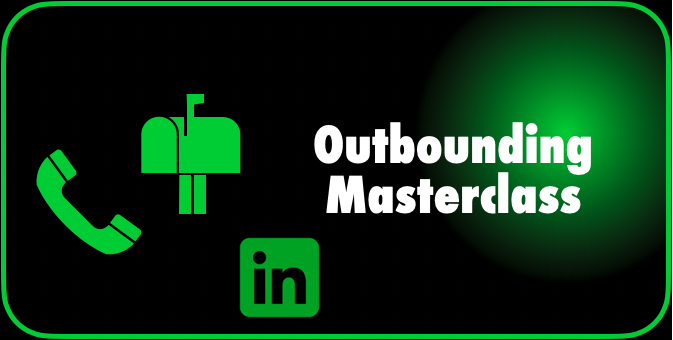Does the following sound familiar to you?
Over the past few months, you’ve had intense conversations with a large prospect, you even went as far as discussing how the implementation would look like, and they said they were interested. Then, after you’ve sent the proposal, they stopped replying. It is as though they have completely vanished. They don’t even respond to calls or mails.
Well you have been ghosted, and we all have our stories.
Here is how to prevent it from happening to you.

Photo by Toa Heftiba on Unsplash
What is ghosting, and how do you deal with it?
Ghosting can happen to any kind of relationship: friendship, family, and, of course, business relationships.
You thought all was going well and wanted to keep the relationship going.
But for them? Not so much.
But don’t worry, ghosting in the business world is rarely personal and usually caused by common miscommunications. This is how you deal with ghosting.
Miscommunications
When you’re waiting on a reply from a potential client, it could be that you interpreted their answer as a hard “yes,” while they actually meant “maybe.”
This is actually something we often encounter when coaching sales people. To manage this better, it is important to work with a well defined sales methodology (we will update you on this very soon!).
If possible, reread the messages you received and the messages you send sent. Find out whether you misinterpreted their intentions or not. If not, it’s time to move on to the next step.
Reach out
A daring person can conquer the world.
Reach out to your client and be genuine about it. An excellent way to show your concerns is to ask whether everything is alright since you hadn’t heard from them in a while.
Follow up by asking if there is anything you can do to assist them. By doing this, you show that you genuinely care about them. Not just as a business but as a person.
If you prefer to use another approach, you can choose to send them a message asking if your message had gotten through. Blame the client’s lack of replying to a bad internet connection rather than calling them out. If they have forgotten about your agreement, they will undoubtedly reply.
If they don’t reply
Sometimes people and companies change their minds. Don’t take this too personally, it could be that they decided they don’t have the funds to invest or want to look into another direction. When people don’t reply, you can still send them a last message stating something along the lines of
“Dear [insert company spokesperson], I’m sorry to see that our collaboration won’t work out. If you ever change your mind, you can contact us at… Kind regards, [your name/company]”Then, it’s time to move on. It’s better for you and for your company to focus on the deals you can achieve than on the people that didn’t want to collaborate.

Photo by Matthew Henry on Unsplash
How to prevent ghosting
Of course, it would be best if you didn’t need to be ghosted at all. Luckily, there are a few methods to avoid ghosting for the most significant part.
End messages with a call to action
If you give people too much freedom, they will put you on a lower priority since they don’t feel obligated to respond immediately.
Having a call to action in writing helps to give your potential client a nudge in the right direction.
Before you close your message with your name, add in an “I hope to hear from you soon,” or “Shall we pick a date?”.
While it seems like you’re handing over power to them, you’re actually sending them a message they feel obliged to reply to.
Use softer words
I know you want to sell your product, but sometimes this need for selling can deter your clients.
So, instead of using sentences like “If you don’t buy [insert product] now, you will lose on thousands of dollars,” but instead use “I’m afraid that if you wait too long with buying [product], you may lose out on thousands of dollars.” It’s basically the same sentence, just worded more softly.
Call them
Rather than emailing and waiting for a response, you can also call them.
If that’s not possible immediately, try to schedule an appointment to call. Calling is direct, prevents ghosting, and allows you to express your feelings and intentions through the means of the tone of your voice.
Most clients will need a few days to think about a more substantial offer, so schedule a follow-up call. This allows them to think and gives them a smaller opportunity to ghost you.
Of course, there will always be some people who still ghost. There’s, unfortunately, nothing to do about that. In these cases, it’s best to leave them behind you.
Would you really like to work with someone unreliable in their responses? Using the above tips, you prevent ghosting as much as you can while staying professional and open-minded. Use these tips to your advantage, and you’ll see a lot less ghosting happening.
Tell us about your ghosting stories in the comments. How did you handle them?




